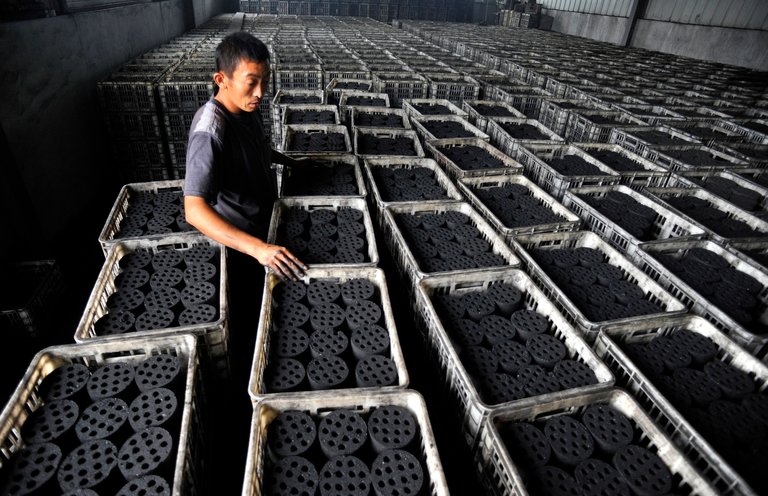China detains six Japanese, possibly for spying – China’s latest political and current affairs news
A summary of the top news in Chinese politics and current affairs for May 22, 2017. Part of the daily The China Project news roundup "Did China kill C.I.A. spies? Plus: Chinese views on Iran."

Six Japanese men, three in China’s northeastern Shandong Province and three on the southern island of Hainan — both of which possess major Chinese military bases — have been detained for “illegal activities,” Reuters reports. A routine statement from China’s Foreign Ministry did not elaborate on reasons for the detentions, but Nikkei Asian Review notes (paywall) a number of sources that point toward suspected espionage. Nikkei Asian Review explains that China has been ramping up efforts to root out foreign spies, and may be applying several new laws on the books: “a counterespionage law…in 2014, and a national security law in 2015.” China also initiated a propaganda campaign last month in Beijing that features a video on cash rewards of up to 500,000 yuan ($72,500) for reporting on a spy.
The incident may have to do with more than just rooting out spies. China has recently been pushing its claim to disputed islands in the East China Sea, called the Senkaku in Japan and Diaoyu in China, by sailing record numbers of ships and, for the first time, a drone near the resource-rich landform. The unprecedented drone excursion occurred on May 18, after which Japanese Defense Minister Tomomi Inada complained that “China is escalating the situation unilaterally.” CNN reports that the incident pushed the “number of scrambles by [Japan’s] Self-Defense Force aircraft in response to Chinese incursions in the last fiscal year” to a record high, according to Inada.
-
New world of Chinese palace intrigue / Financial Times (paywall)
Guo Wengui 郭文贵, the exiled billionaire tweeting allegations of corruption in China from his Manhattan penthouse and waging a war of words with Chinese state propaganda organizations, is an emblem of what the FT calls “the new world of Chinese palace intrigue.” The article says that “factional struggles once waged behind closed doors now increasingly play out in public and online, with rival factions apparently using news media and surrogates like Mr. Guo as proxies… Chinese elite politics have always been cutthroat, but rarely have outside observers been able to see the long knives glinting.”
See also China Digital Times’ translation of a Next Media interview with Guo. -
How Uyghurs and Tibetans found unity in Kashmir / SCMP
A profile of the Tibetan Muslim and Uyghur communities in Kashmir. - Philippines, China play down Duterte’s talk of war in disputed sea / Reuters
- India’s ‘new Silk Road’ snub highlights gulf with China / Reuters
- Will the Arctic be the next stop on China’s new Silk Road? / SCMP






